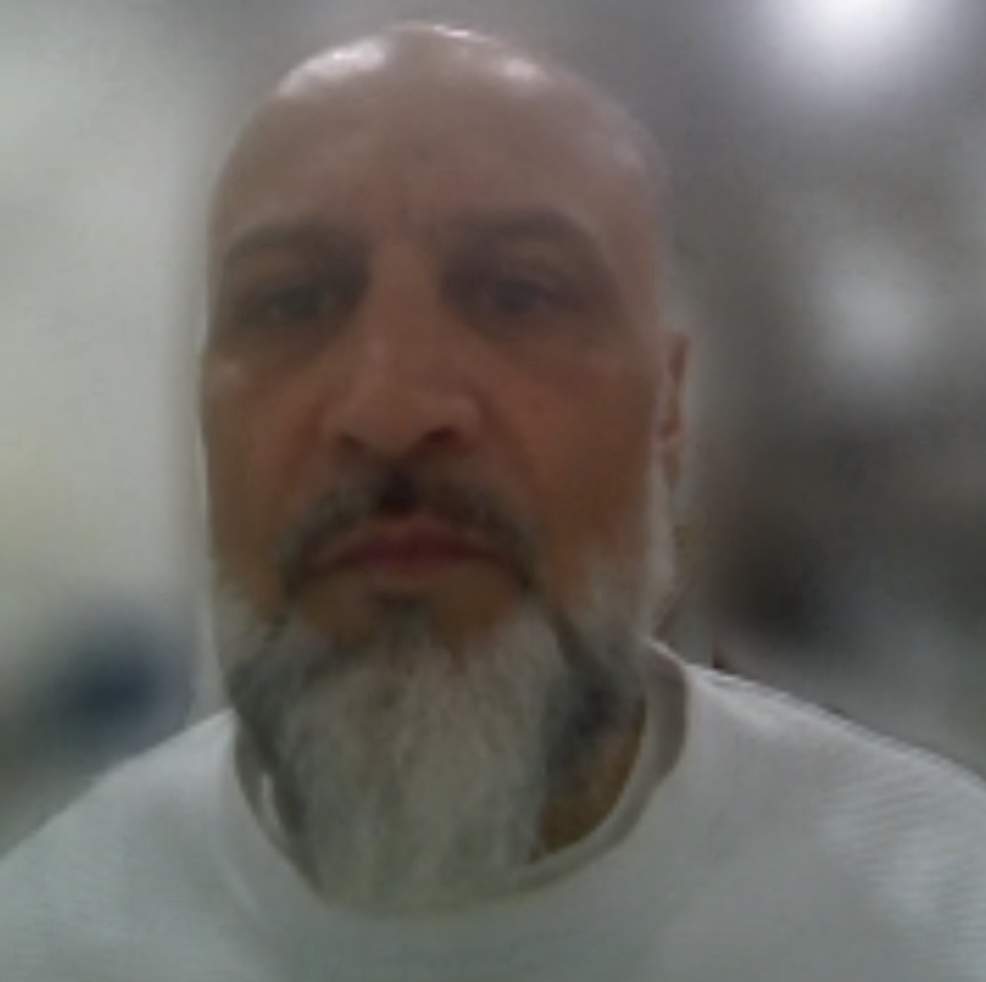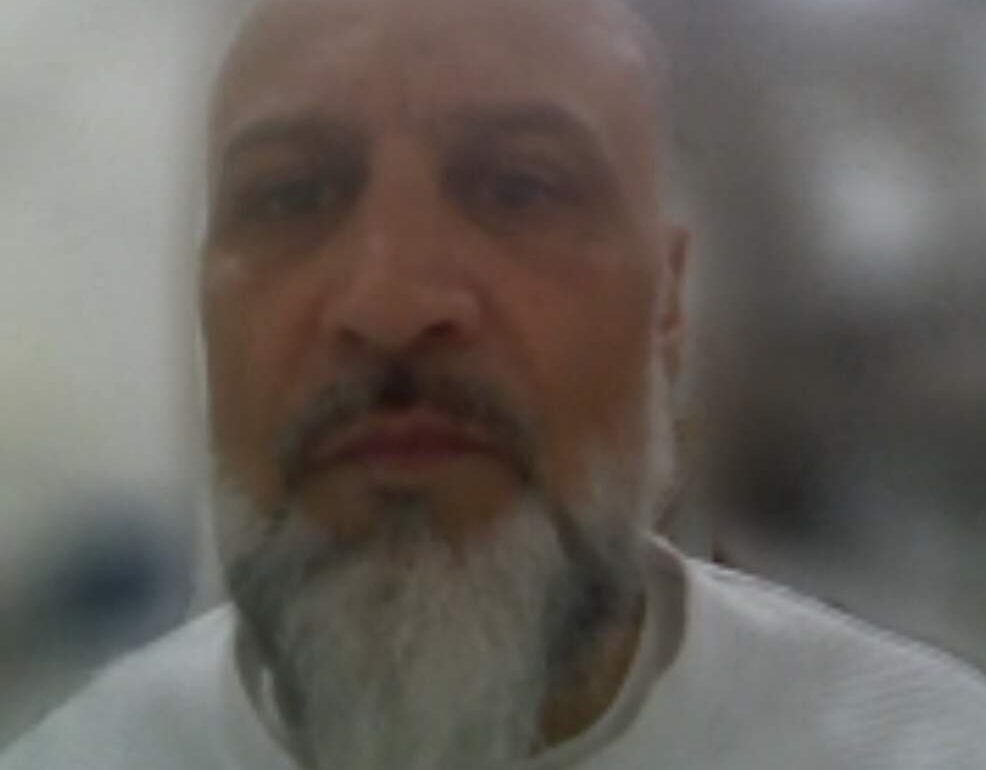Byline Times is an independent, reader-funded investigative newspaper, outside of the system of the established press, reporting on ‘what the papers don’t say’ – without fear or favour.
To support its work, subscribe to the monthly Byline Times print edition, packed with exclusive investigations, news, and analysis.
Behind the towering, desert-coloured walls of Salinas Valley State Prison in California, Azhar Lal, a British national, sits with a lifetime of thoughts regarding the path that led him here.
For over three decades, Lal has sought to unravel those events that first began in the UK and culminated in his life sentence, without the possibility of parole, a punishment he believes is unjust and rooted in profound violations of both British and American legal principles.
Lal remains adamant that his extradition was fundamentally flawed, marred by fabricated evidence, mishandling of consular support, and a disregard for the specific terms of his extradition.

While Byline Times was unable to see the State of California’s counter-argument to Lal’s claims of an unfair incarceration, his case raises complex questions about the rights of British citizens in the US and the conditions under which his sentencing was passed.
In 1991, Lal was extradited from the UK to face charges in Sacramento. His extradition was related to the murder of Harold Arons, a crime Lal has consistently denied committing.
According to the extradition agreement, approved by the then UK Home Secretary, Kenneth Baker, Lal was to face trial solely on charges of murder and burglary. This agreement explicitly excluded “special circumstances”, without which his sentence could increase to life without parole.”
This exclusion was grounded in the terms of the 1972 UK-US Extradition Treaty and the Extradition Act of 1989, both of which were designed to ensure that an individual extradited from the UK could only be tried on agreed-upon charges.
However, Lal alleges that the US government presented false evidence during the extradition process to secure his transfer. This, he argues, tainted the entire legal proceeding. Upon his arrival in the United States, he faced an escalation of charges that included aggravated burglary and robbery.
The new charges opened the door for Lal to be handed down a life sentence without the possibility of parole. Lal insists this breach was the first in a series of injustices that led to a sentence he believes could not have been imposed under his original UK extradition terms.
The charges were escalated, violating the terms agreed upon by the UK. If this was handled as it should have been, my sentence wouldn’t be what it is today
Azhar Lal, jailed British national
Allegations of False Evidence
Lal contends that his trial was also compromised by the US government’s use of fabricated evidence.
According to him, American authorities falsely alleged that he was a Pakistani citizen, a misclassification he believes was “a calculated move to isolate me”. By mislabeling his nationality, Lal claims the US prevented the British consulate from being informed of his detention, thereby depriving him of the consular assistance guaranteed under international law.
Lal’s nephew, Asim Javaid, who has been campaigning for Lal’s release, echoes these allegations. “He was denied a fair trial, and his lawyer did not allow him to present evidence that could have proven his innocence,” Javaid told Byline Times.
Lal also points to a pivotal moment involving Detective Winford of the Sacramento Police Department. He alleges that Winford planted a pack of Marlboro cigarettes on him during his transfer from the UK, creating fabricated evidence that was later used to link him to the crime scene.
“When Winford took custody of me at HMP-Pentonville, I didn’t have Marlboro cigarettes… I had Benson & Hedges in the Golden Box,” Lal says.
Initially, Lal told Byline Times that forensic reports showed no match between his fingerprints and items at the crime scene.
However, a last-minute claim by an analyst reported an “18-point match” on a Marlboro cigarette found at the scene — a finding Lal has contested for decades.
An Absence of Consular Support
Lal believes that the misidentification of his nationality has had severe repercussions for his fight for justice, effectively denying him the protection and resources afforded to British nationals abroad.
He says that British Government involvement throughout his case has been minimal. His inquiries to British MPs have repeatedly fallen short, and he believes his attempts to receive a fair hearing in the US have been obstructed by the lack of consular support.
In 2015, MP Imran Hussain, the Independent MP for Bradford East, took up Lal’s case in a letter to the Home Office, stating, “There are elements of the case that worry me, particularly around the original extradition and what appears to be the subsequent escalation of the charges.”
Despite this, nothing progressed and Lal says that further requests for assistance have fallen on deaf ears.
Meanwhile, the Foreign, Commonwealth & Development Office (FCDO) has shown a marked lack of transparency regarding British nationals detained abroad.
A Freedom of Information request filed by Byline Times revealed that the FCDO could not reveal how many British nationals are serving life sentences or are sitting on death row in the US. They acknowledged holding information on such cases but said retrieving it would exceed the £600 cost limit.
Fighting for Recognition
The prison system of Monterey County in California, where Lal is incarcerated, did not respond to Byline Times questions, and instead directed this newspaper to submit a Public Records Act request under Lal’s name.
From his prison cell, Lal still faces an ongoing fight for justice. He asserts his case underscores the vulnerabilities British nationals face when extradition protections are not strictly upheld and calls for greater accountability from both governments.
“If even part of this can come to light, maybe others won’t have to go through what I have,” he wrote to Byline Times in a recent letter.
The FCDO’s limited support for dual nationals caught in foreign justice systems has left Lal with little hope of intervention from the UK, a country that once represented security and justice.
ENJOYING THIS ARTICLE? HELP US TO PRODUCE MORE
Receive the monthly Byline Times newspaper and help to support fearless, independent journalism that breaks stories, shapes the agenda and holds power to account.
We’re not funded by a billionaire oligarch or an offshore hedge-fund. We rely on our readers to fund our journalism. If you like what we do, please subscribe.
With his national identity mislabeled and the treaty terms violated, Lal continues to press his case as an example of what can happen when safeguards fail. And the questions that continue to linger over his case serve as a stark reminder of the potential human cost when the systems designed to protect individuals, like Lal, fall short.
When approached for comment, the Sacramento Police Department asked Byline Times to submit a Public Records Act (PRA) request to discuss Lal’s case but the PRA request went unanswered.
The British Home Office did not supply a comment to this story.
This post was originally published on this site be sure to check out more of their content.









